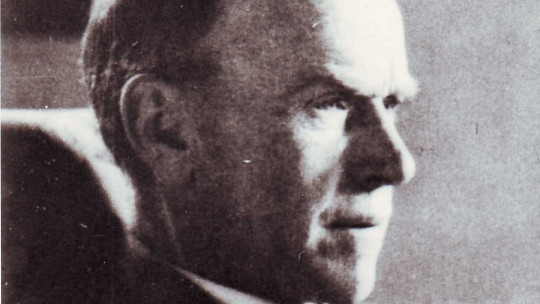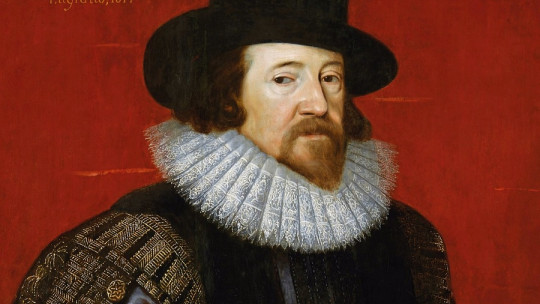Herbert Spencer (1820-1903) was an English philosopher and sociologist who importantly defended liberalism from the perspective of social Darwinism. His theories significantly influenced the economics and theories of government of the 20th century.
We will see below a biography of Herbert Spencer as well as his main works and contributions.
Herbert Spencer: biography of this English sociologist
Herbert Spencer was born on April 27, 1820 in Derbyshire, England. Son of the professor and dissident of Christianity William George Spencer, Herbert Spencer trained himself in natural sciences from a very young age.
He is recognized as one of the most representative intellectuals of the Victorian era, as well as one of the main exponents of evolutionary theories applied to sociology , and individualism. With strong conviction, Spencer defended the importance of examining social phenomena from a scientific perspective.
On the other hand, in the pedagogical area Spencer emphasized the importance of personal development, attention and empathy on the part of instructors, observation and problem solving, physical exercise and free play, as well as learning derived from direct experience. the natural consequences of the actions (beyond the punishments imposed by the teachers).
His philosophy had an important impact the justification of the minimum participation of the state in the economy which in turn promoted competition between individuals and a gradual improvement of society through the survival of the fittest.
Herbert Spencer died on December 8, 1903 in Brighton, Sussex in England.
Sociological perspective: evolution and individualism
Herbert Spencer defended that social evolution occurs through a process of individuation, that is, for the differentiation and development of human beings as individuals For him, human societies had evolved through a gradual process of division of labor that had converted them from “primitive” groups to complex civilizations.
To argue the above, he made important comparisons between animal organisms and human societies. He concluded that in both there was a regulative system: for animals a nervous system and for human societies government structures There was also a support system, which in the first case was food and the second was industrial activity.
Likewise, they shared a distribution system, which for animal organisms was the circulatory system, and in human societies it was the communication systems and means of transportation. Thus, what differentiated animal organisms from human societies was that the former existed as a whole, as a unified consciousness; while the latter, consciousness exists only in each group member.
From this Spencer develops a theory about individualism and individuation. Within the framework of liberal philosophy, Spencer defends that individualism, as the personal development of the human being as an autonomous member differentiated from the rest, is closer to civilized societies unlike other societies such as military or industrial societies where despotism is favored and the individual development of each conscience is hindered.
Furthermore, the development of 19th-century English industrial society, according to Spencer, was developing a new Taylorism and preparing society for new forms of slavery in the future. In this sense, he proposed recovering the ancient function of liberalism, which was to limit the power of kings, and at this time he could move towards limiting parliaments.
Spencer’s Social Darwinism
Under this idea of individualism, Spencer advocates allowing that each member of society would develop to the best of his ability as a competent member of this, and thus, those who were more fit or talented would be the ones who would be successful and better adapted. For this reason, his theory is frequently located in line with social Darwinism, an issue that was gradually criticized due to the consequences of widespread poverty of growing industrial capitalism.
However, his proposals were also later taken up by philosophers with similar lines, who found arguments to criticize the welfare state that developed after the war.
Outstanding works
Among his most representative works are Social Statics of 1851, and Synthetic Philosophy from 1896. Also his works Principles of psychologyfrom 1855, First principlesfrom 1862, Principles of sociology, Descriptive sociologyand Man against the statefrom 1884.
Between 1841 and 1845 he published The proper sphere of government, while he collaborated as a journalist specialized in economics and sociology in The nonconformist, where he supported the responsibility of governments in the defense of natural rights; and also in The Zoist and Pilot, with songs dedicated to the science of the moment and the suffrage movements. He eventually participated as deputy editor of The Economist, a position from which he resigned in 1853.









